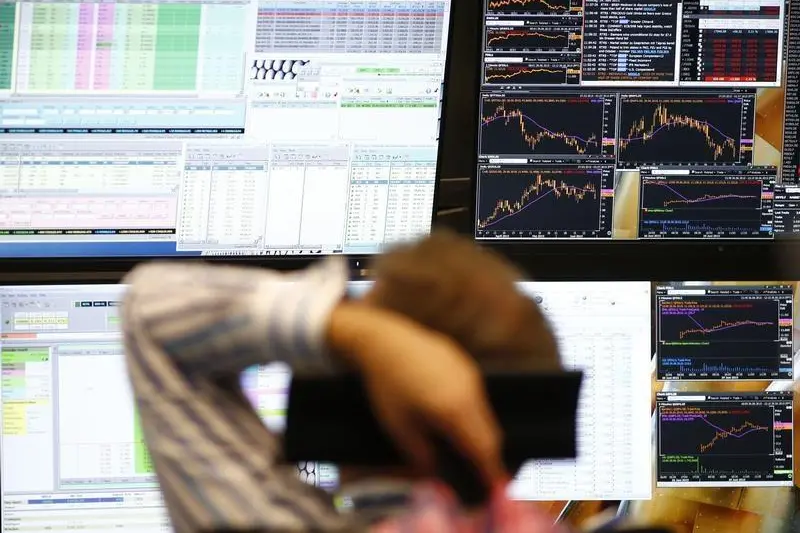PHOTO
US Secretary of State John Kerry has called on more European banks to do business with Iran, but the lenders remain cautious
The lifting of sanctions against Iran was supposed to pave the way for normalised relations with the international community and help open up one of the region's largest economies to international investors.
After years on the periphery, many of the obstacles facing Iran's full participation in the global economy have been lifted. Yet, it now faces stumbling blocks of a different kind as the banking services needed to trade and develop its isolated economy remain unavailable.
Sensing some reluctance for banks to take a greater role in facilitating Iran's entry to international markets, one of the architects of the Iran deal, US secretary of state John Kerry called for greater participation in May.
"In some cases there has been a reluctance in some places to take risk," said Kerry, following a meeting with bankers from across Europe. "We want to make it clear that legitimate business, which is clear under the definition of the agreement, is available to banks.
"As long as they do their normal due diligence and know who they're dealing with, they're not going to be held to some undefined and inappropriate standard here."
Very odd position
Some have questioned whether this is a fair comment from Kerry. A number of European banks have suffered fines from US regulators in the past for links to Iranian businesses and individuals. Indeed, current law prohibits US companies from Iran-related business.
Writing in The Wall Street Journal in May, HSBC Holdings chief legal officer Stuart Levey criticised the comments: "Now Washington is pushing non-US banks to do what it is still illegal for American banks to do. This is a very odd position for the US government to be taking."
In his response to Kerry, Levey continued that banks were focused on reducing financial crime risk and highlighted that no new significant developments or undertakings with regard to conduct had been made by Iranian banks. As Levey noted, while sanctions can be lifted by governments it is the banks and private sector that will shoulder responsibility for managing its own risk and held accountable for any shortcomings.
Other industry commentators have questioned whether with US presidential elections later this year, it was appropriate for the secretary of state to make the comment when a change of administration is on the horizon (and potentially one opposed to the Iran deal).
Unique set of issues
However, speaking from Tehran last month, IMF first deputy managing director David Lipton said some progress had been made by Iranian authorities, but acknowledged some of the specific challenges.
"Iran faces a unique set of issues related to the reintegration of its banks to the international financial system," he said.
"The Iranian authorities have made recent progress in the establishing a framework aimed at combating money laundering and the financing of terrorism. This is a critical element."
Despite the challenges there appears to be some international consensus to help open up the Iranian market. Kerry's British counterpart, foreign secretary Philip Hammond, spoke of bridging the gap between the "undoubted political commitment of the US... and the reality of what European banks are finding in practice".
Describing it as the "first hurdle", Hammond claimed to fall would prevent any chance to demonstrate the benefits from the deal.
Whether European banks see it this way remains to be seen.
© MENA Fund Manager 2016





















